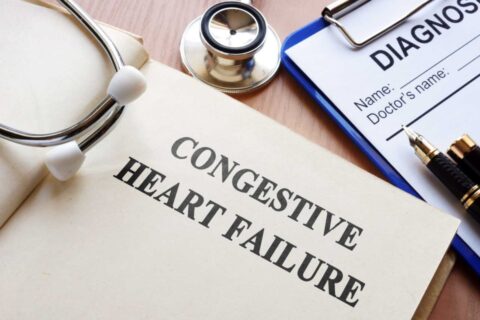The Impact of Smoking on Cardiovascular Wellness

Smoking is a well-known health hazard, but its severe effects on one’s heart and cardiovascular system often go unnoticed. In reality, smoking and heart health are closely tied together. Cigarette smoking is one of the leading causes of preventable heart disease worldwide. Whether you’re a long-term smoker or simply curious about its risk, this blog is for you. We’ll shed light on the connection between cigarette smoking and heart health as well as how quitting can dramatically improve your well-being.
Why It’s Important to Maintain a Healthy Cardiovascular System
Your cardiovascular system is crucial for circulating oxygen and nutrients throughout your body. A healthy heart is vital for overall wellness. It’s central to energy, longevity, and preventing chronic diseases. But smoking disrupts this delicate system, putting your heart and blood vessels at significant risk.
How Smoking Affects the Heart
The effects of smoking on heart health are many. When you smoke, harmful chemicals like nicotine and carbon monoxide enter your bloodstream. Nicotine causes your heart to work harder by narrowing blood vessels and increasing your heart rate. Meanwhile, carbon monoxide reduces the oxygen that your blood can carry, forcing your heart to pump more aggressively. This constant strain will eventually weaken your heart muscle, leaving it more susceptible to life-threatening conditions like heart failure.
An immediate effect of smoking is an increase in heart rate and blood pressure. Nicotine stimulates your nervous system, causing blood vessels to constrict and the heart to beat faster to compensate. Chronic smokers deal with this strain daily, significantly heightening their risk of heart disease.
Ways Smoking Impacts Blood Vessels
Cigarette smoking harms the lining of your blood vessels. This damage makes it easier for fatty deposits to stick to the artery walls, which leads to narrowed arteries and reduced blood flow. Restricted blood flow can eventually trigger heart attacks and strokes.
Furthermore, atherosclerosis – a hardening and narrowing of the arteries – is a direct consequence of smoking. The toxic chemicals in cigarettes accelerate the buildup of plaque inside the arteries, blocking blood flow and increasing the likelihood of heart attacks, strokes, and peripheral vascular disease.
Risk Factors Associated With Smoking
Smoking doesn’t just affect your heart. It compounds existing risk factors like high cholesterol, high blood pressure, and obesity. Smokers also tend to lead less active lifestyles and may engage in other heart-harming habits.
For those who already have cardiovascular conditions, smoking accelerates disease progression and reduces the effectiveness of medications. For example, diabetic smokers face a higher risk of complications such as poor circulation and heart attacks.

Benefits of Smoking Cessation for Heart Health
The good news is that quitting smoking offers immediate heart health benefits. Within 20 minutes of your last cigarette, your heart rate and blood pressure begin to normalize. Within a few weeks, your blood circulation and lung function improve. Within a few months, coughing and shortness of breath decrease. After years, your risk of heart disease can drop dramatically enough to approach that of a non-smoker.
When you quit smoking, your body begins to repair itself. Your heart no longer has to work overtime, your blood vessels regain their elasticity, and your oxygen levels return to normal.
Resources to Help You Quit Smoking
Quitting smoking is challenging but achievable with the right tools and support. Nicotine replacement therapies can reduce cravings. Additionally, behavioral therapy and mobile apps are excellent smoking cessation aids. Finally, don’t underestimate the power of a supportive community. Local smoking cessation groups or online forums can provide encouragement and promote accountability. You can also rely on a doctor or cardiologist to help tailor a unique strategy for quitting.
Complete Cardiology Care Provides Support
If you’re ready to quit smoking and improve your heart health, you should call Complete Cardiology Care. Our specialists can help you navigate smoking cessation. We’ll also provide comprehensive heart health evaluations to ensure your long-term wellness. Contact us today and schedule your consultation.


